IT Infrastructure: Hardware, Software, and Trends for Business
1/29
There's no tags or description
Looks like no tags are added yet.
Name | Mastery | Learn | Test | Matching | Spaced |
|---|
No study sessions yet.
30 Terms
What is included in Information Technology (IT)?
All the hardware and software that a firm needs to use to achieve its business objectives, including computers, disk drives, mobile devices, and software like Windows and MS Office.
What is the definition of Information Systems (IS)?
A set of interrelated components that collect, process, store, and distribute information to support decision making, coordinating, and control in an organization.
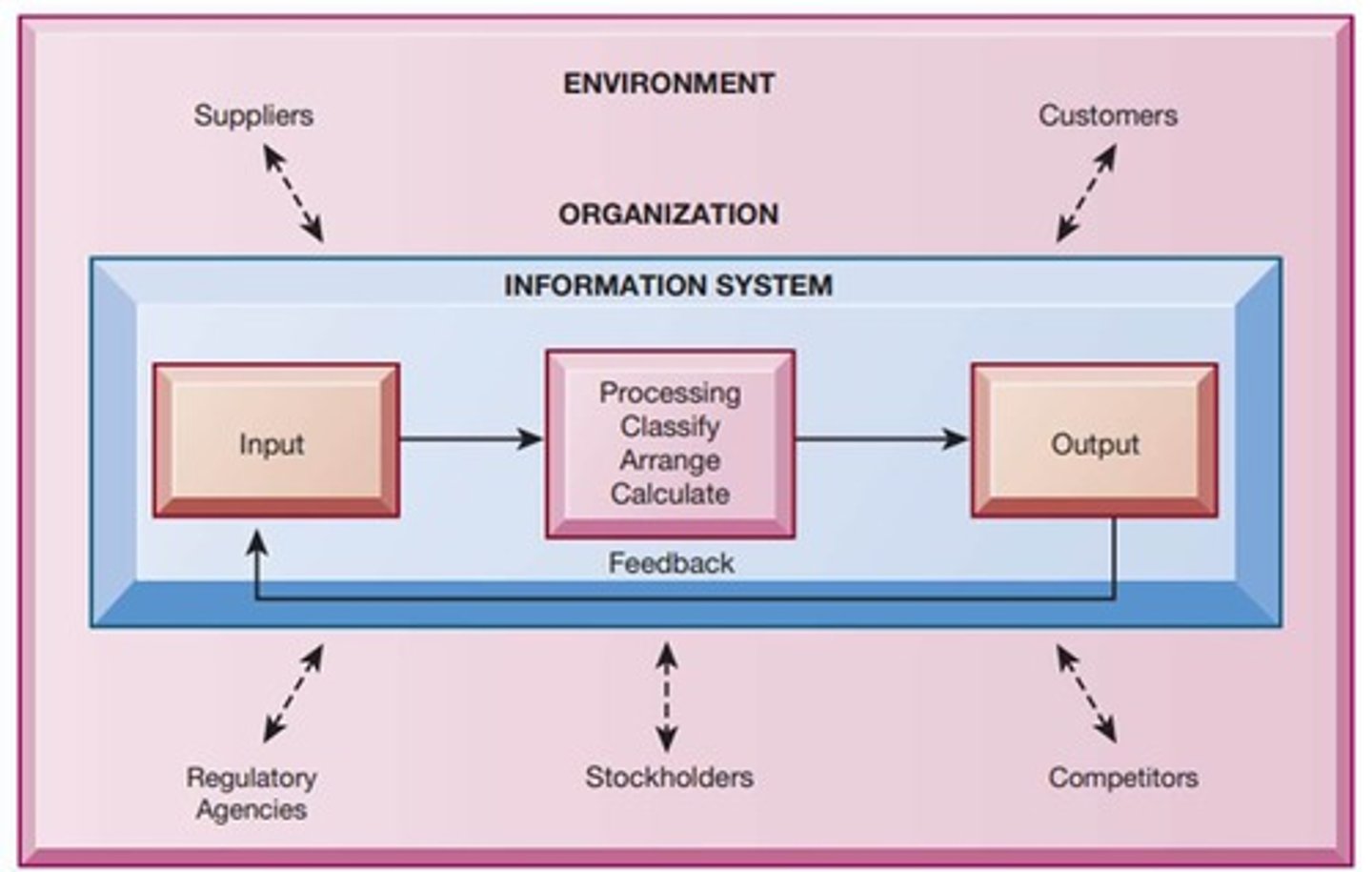
What is the difference between data and information?
Data are raw facts representing events, while information is data that has been shaped into a meaningful form.
What constitutes IT infrastructure?
The shared technology resources that provide the platform for specific information system applications, including hardware, software, and services.
What are the major components of IT infrastructure?
Computer hardware, computer software, data management software, networking and telecommunication technology, and technology services.
What is computer hardware?
Physical equipment used for input, processing, and output activities in an information system.
What is the role of system software?
It manages the resources and activities of the computer.
What is application software?
Software that applies the computer to a specific task for an end user.
What is data management software?
Software that governs the organization of data on physical storage media, managing business data related to inventory, customers, and vendors.
What is the function of networking and telecommunication technology?
Links various hardware pieces and transfers data from one location to another, providing connectivity for data, voice, and video.
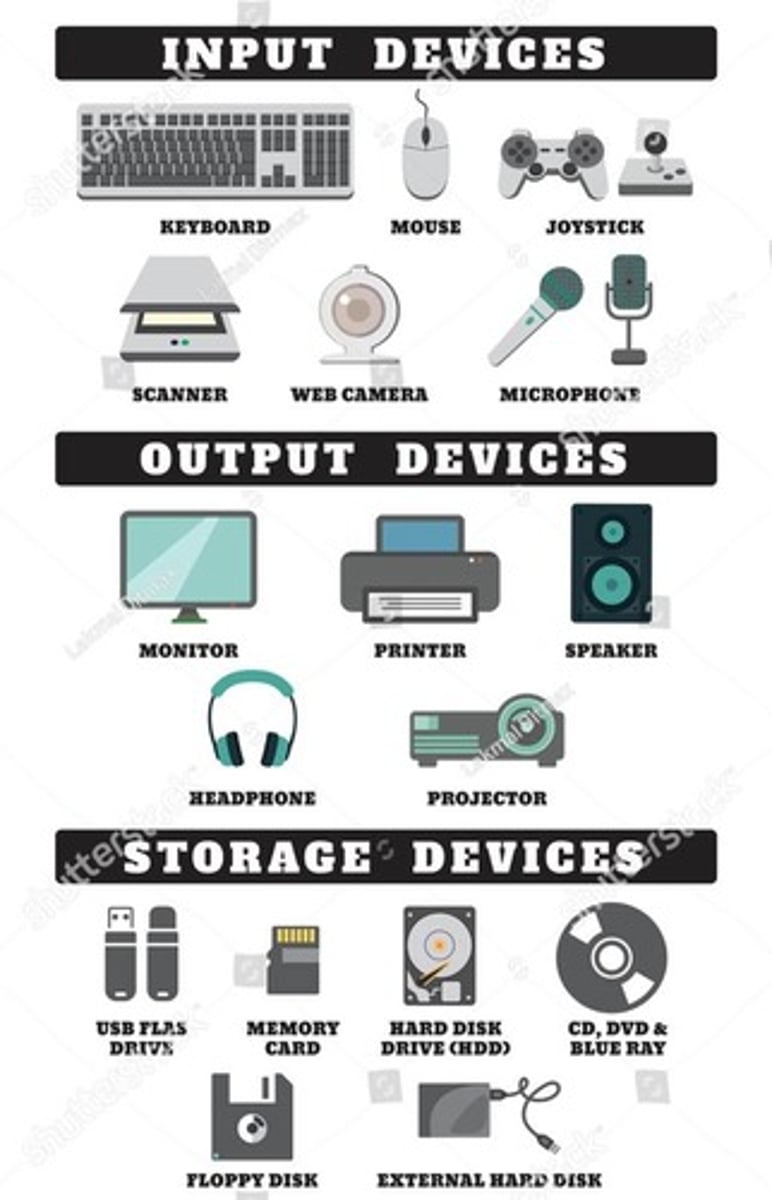
What are legacy systems?
Older transaction processing systems created for older computers that continue in use to avoid high replacement costs.
What are the major types of computers?
Mainframe, supercomputer, personal computer, workstation, mobile devices, and server computers.
What is grid computing?
Connecting geographically remote computers into a single network to combine their computational power.
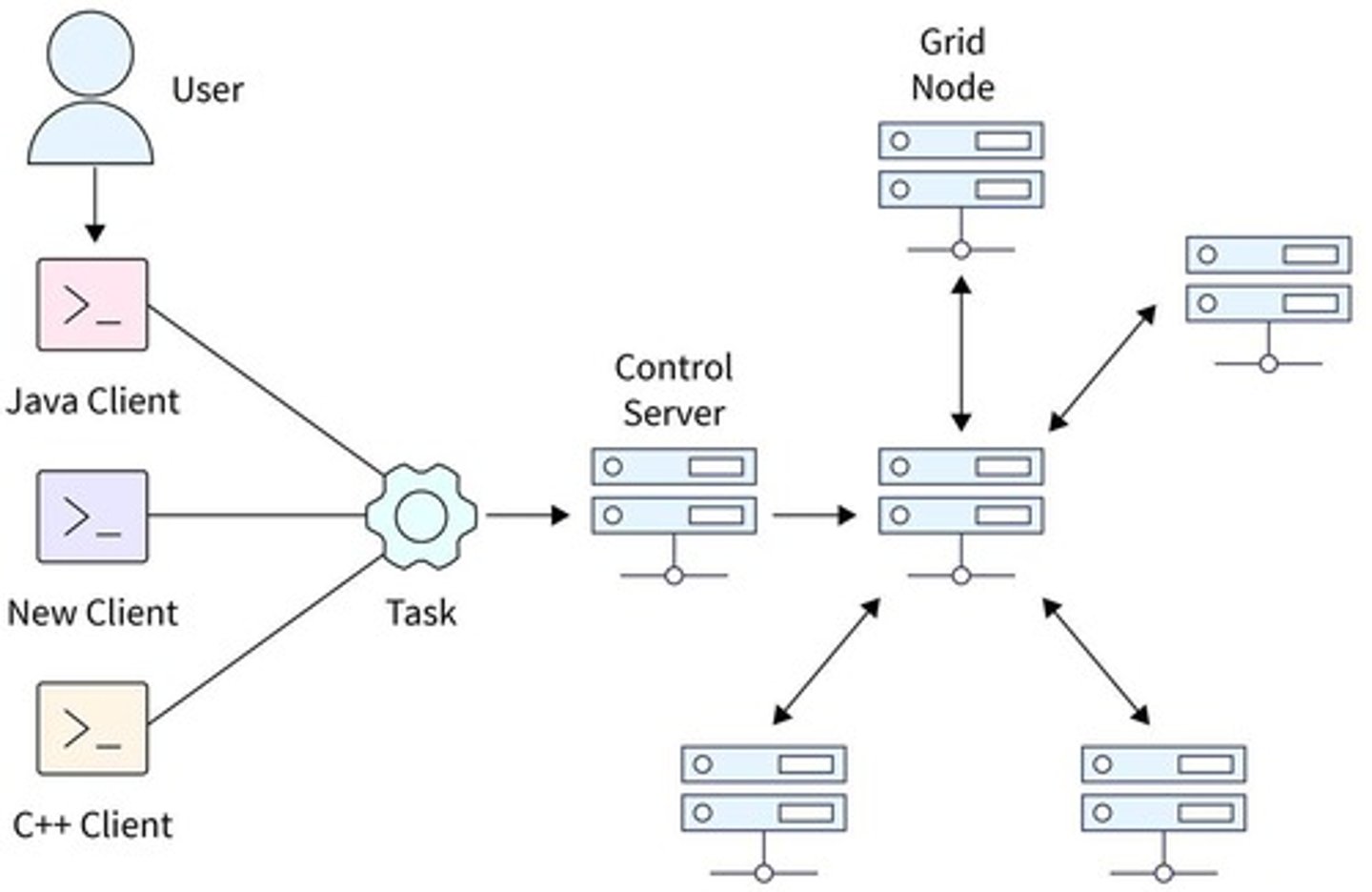
What is distributed processing?
The use of multiple computers linked by a communications network for processing.
What is client/server computing?
A model that splits processing between clients and servers, allowing clients to request services from servers.
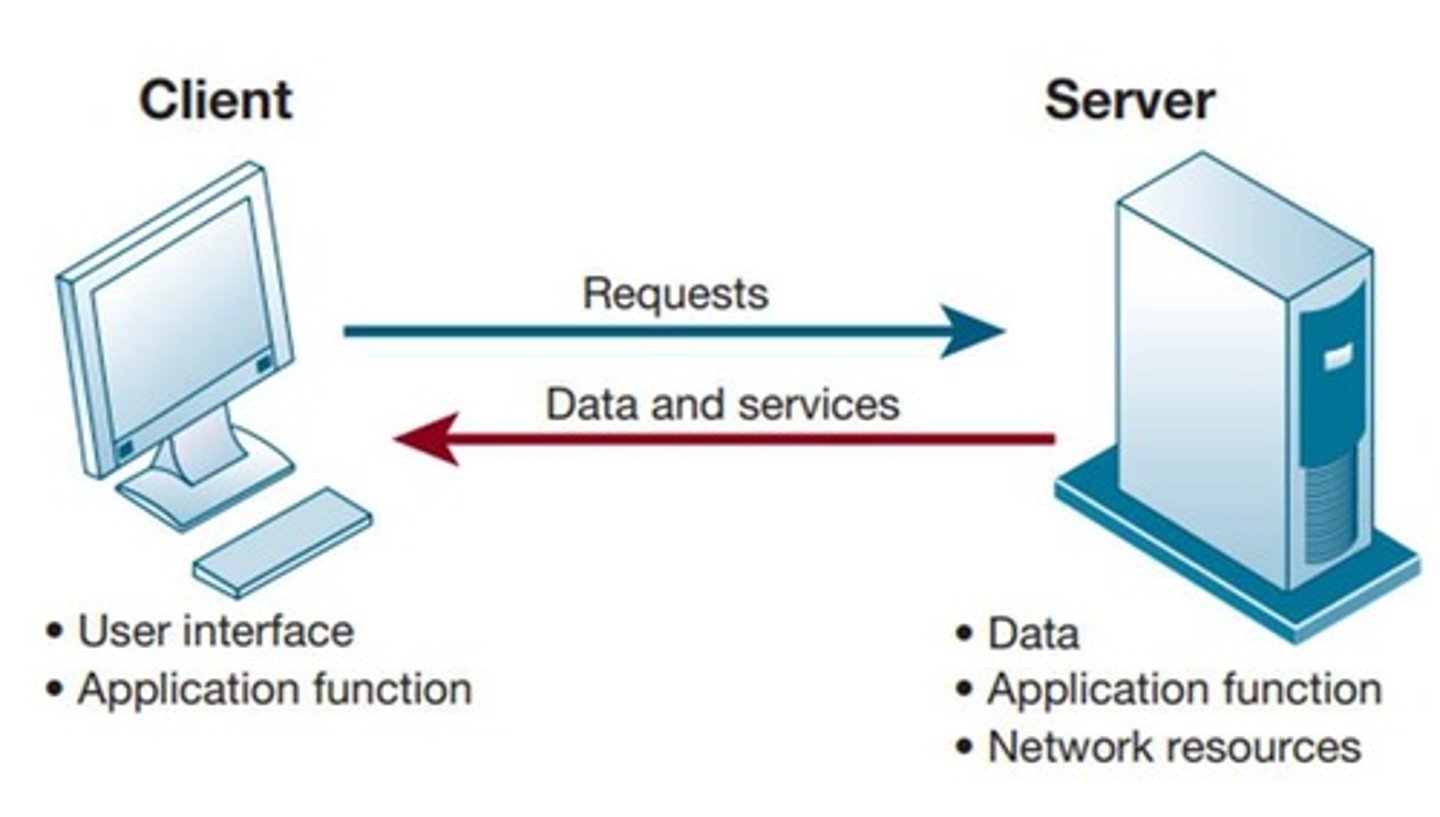
What is a multitiered client/server network?
A network where client requests for service are handled by different levels of servers.
What are peripheral devices?
Storage, input, and output devices that are outside the main computer system unit.
What are the essential characteristics of cloud computing?
On-demand self-service, ubiquitous network access, location-independent resource pooling, rapid elasticity, and measured service.
What are the three types of cloud services?
Infrastructure as a Service (IaaS), Software as a Service (SaaS), and Platform as a Service (PaaS).
What is edge computing?
A method of optimizing cloud computing systems by performing some processing on linked servers at the edge of the network.
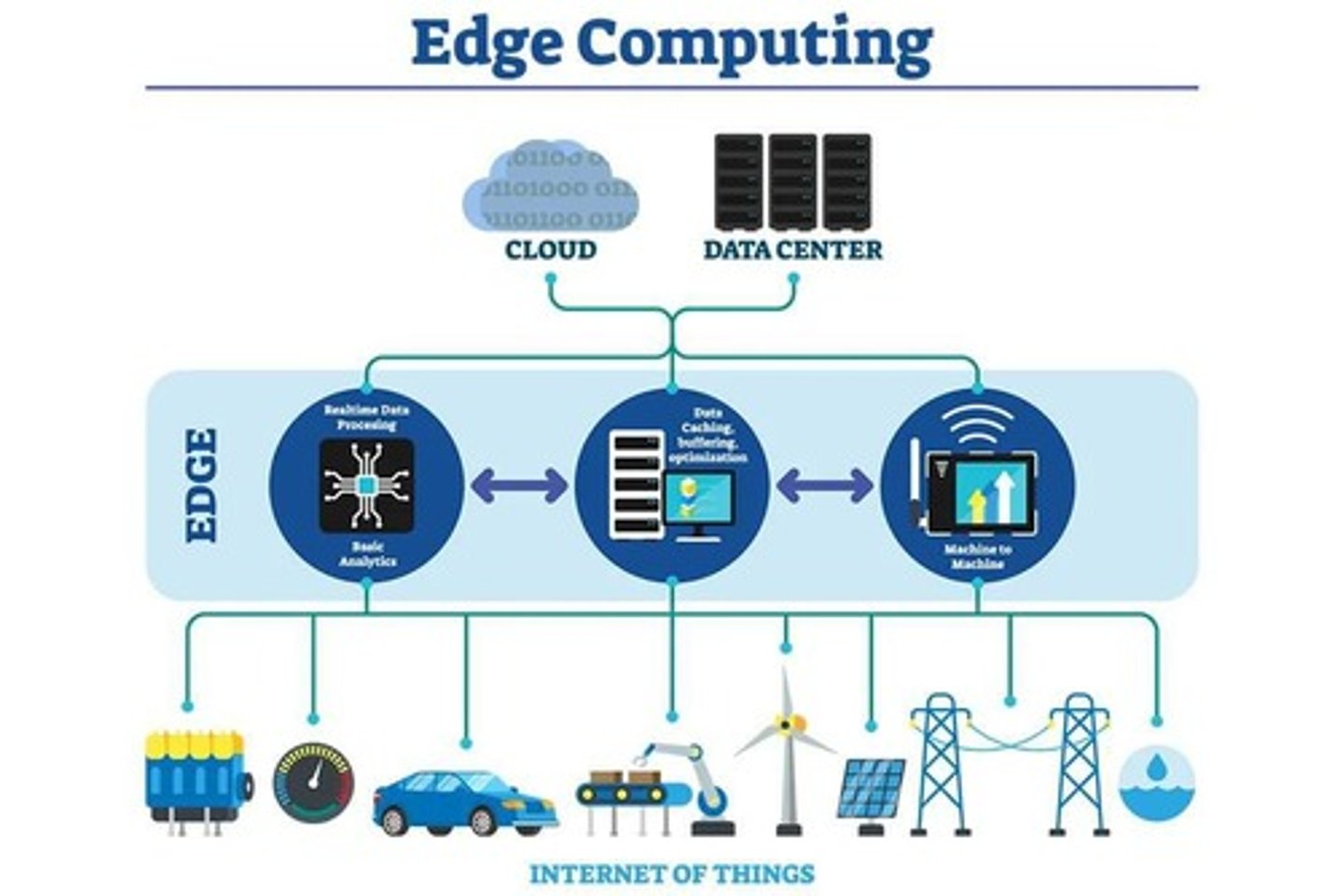
What is green computing?
Practices and technologies for designing, manufacturing, using, and disposing of computers and devices to minimize environmental impact.
What is system software?
Software that includes operating systems, language translators, and utility programs that control access to hardware.
What is HTML?
A page description language for specifying how text, graphics, video, and sound should be placed on a web page.
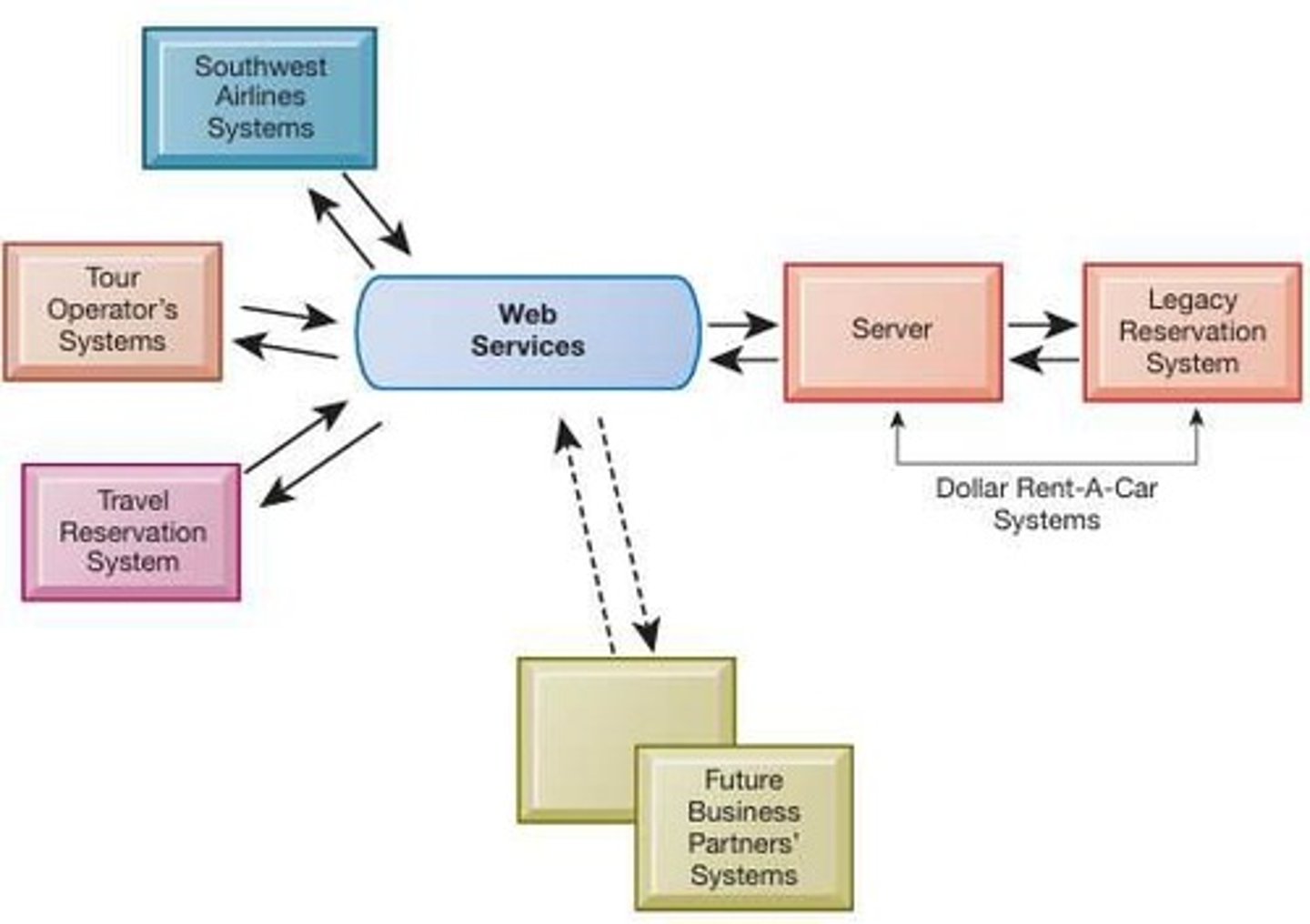
What is the purpose of web services?
To exchange information between loosely coupled software components using universal web communication standards.
What is capacity planning?
The process of predicting when a computer hardware system will become saturated to ensure adequate computing power.
What is scalability in IT systems?
The ability of a system to expand to serve a large number of users without breaking down.
What does Total Cost of Ownership (TCO) analyze?
Direct and indirect costs to determine the actual cost of owning a specific technology.
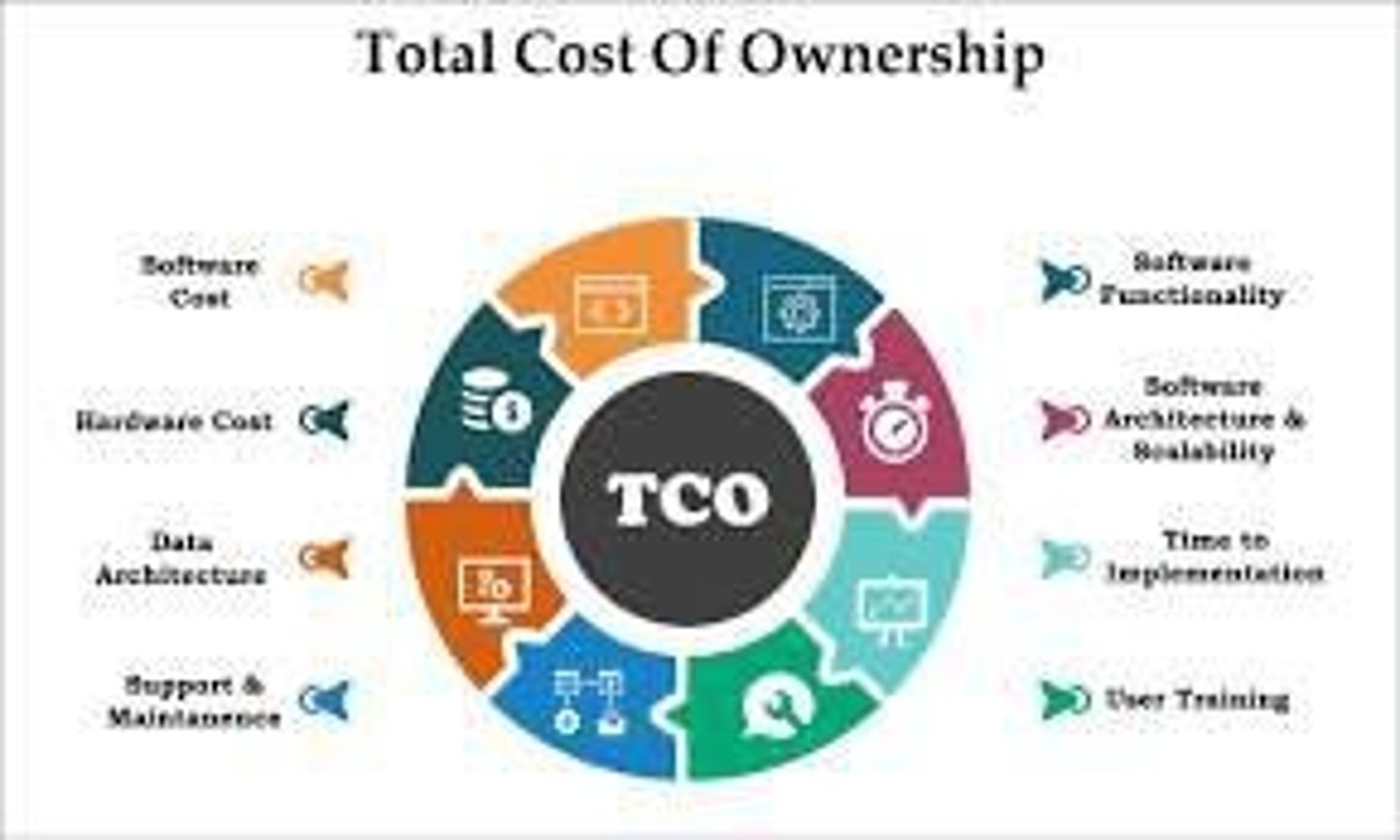
What is outsourcing in IT?
Using an external provider to run networks, manage websites, develop software, or manage IT infrastructures.
What is mobile device management (MDM) software?
Software used to manage mobile platforms and balance productivity gains with the costs of equipping employees.
What are some issues in managing software localization for global business?
Local language interfaces, differences in local cultures, and differences in business processes.